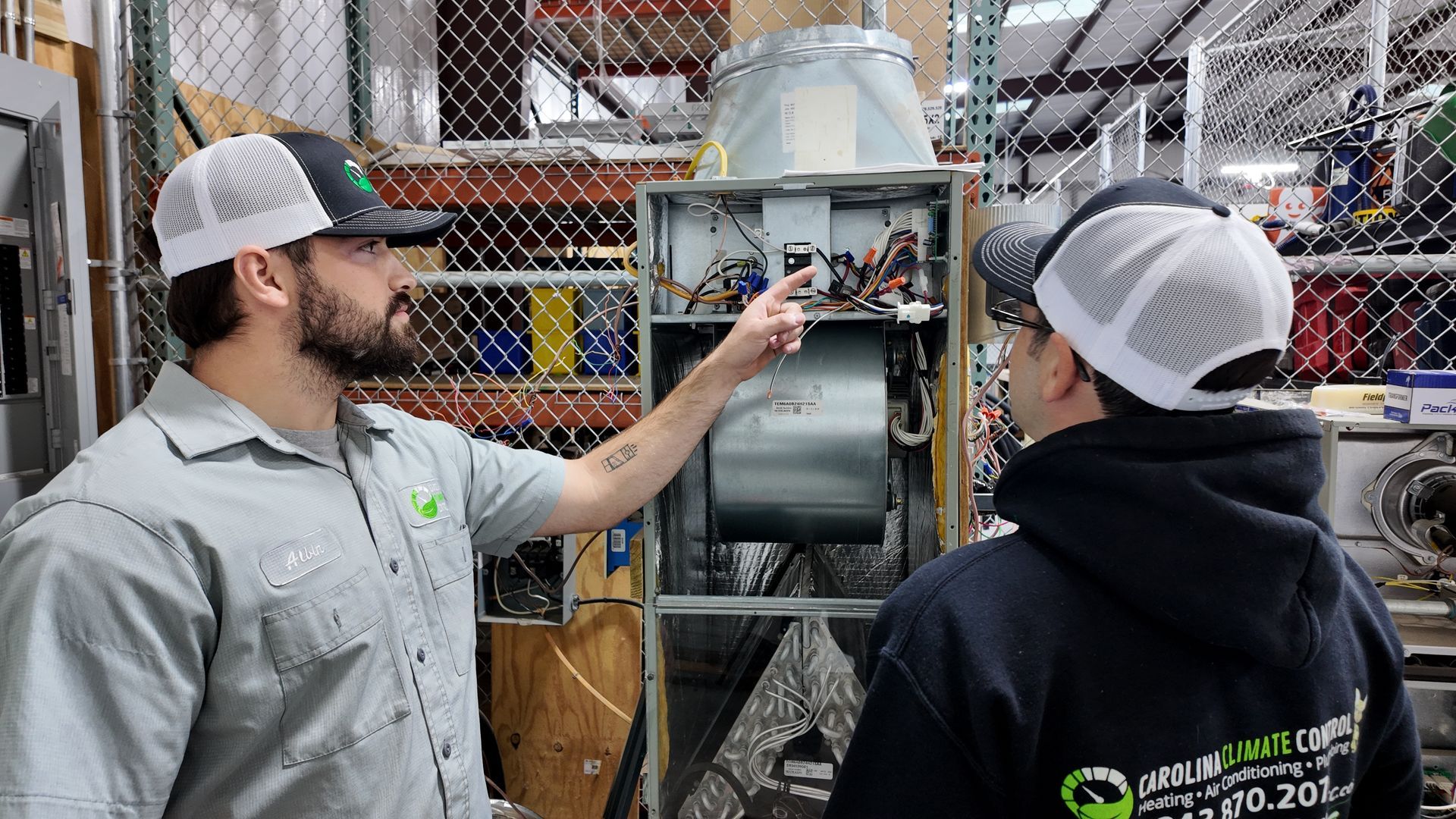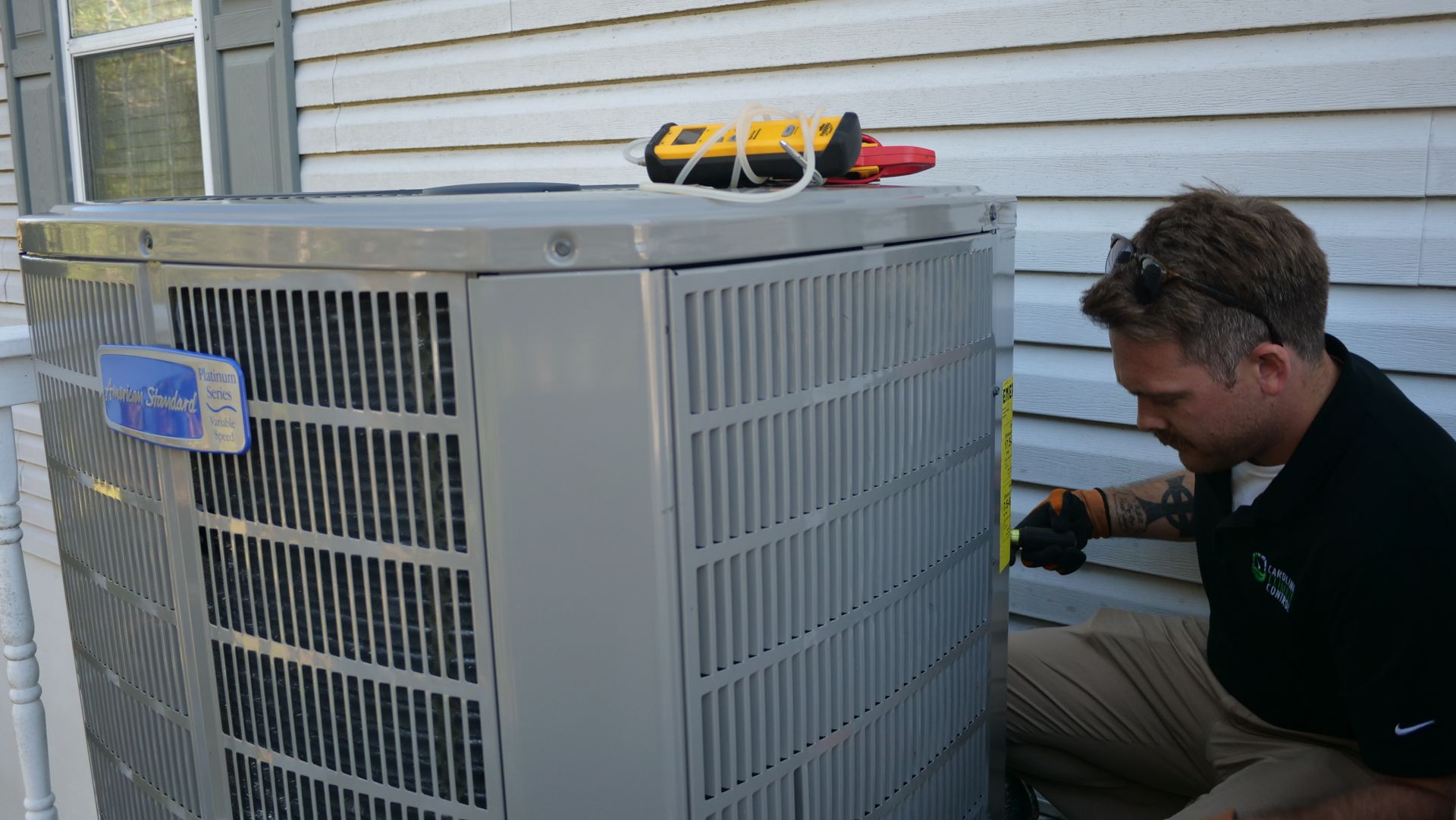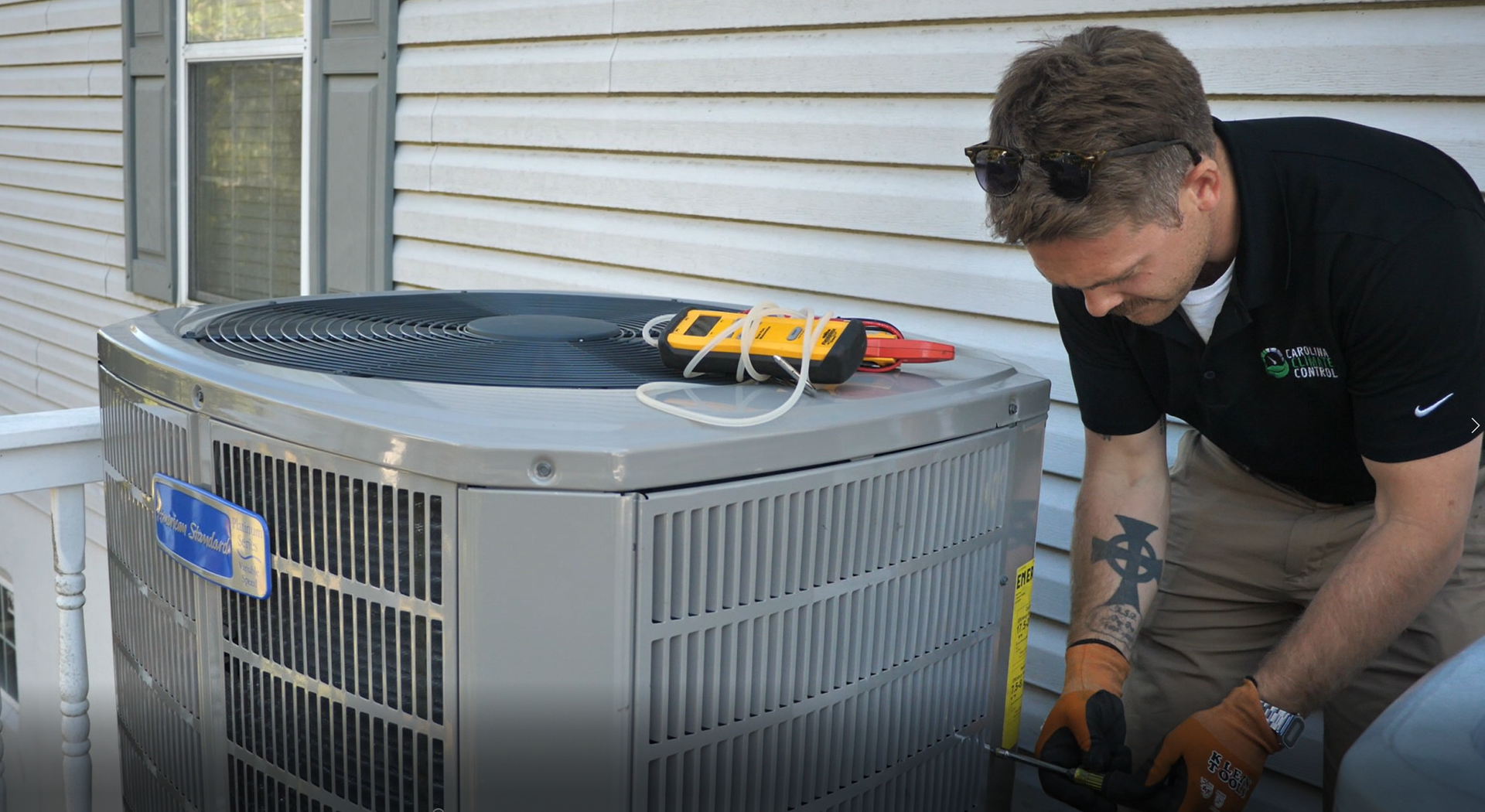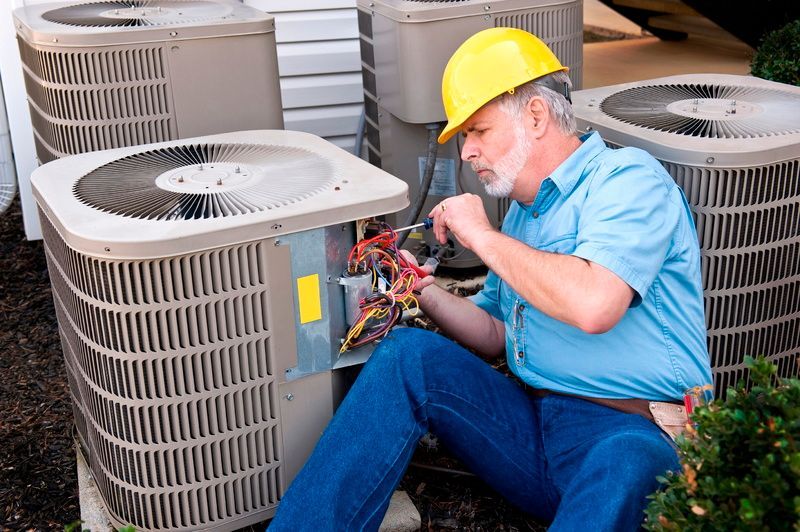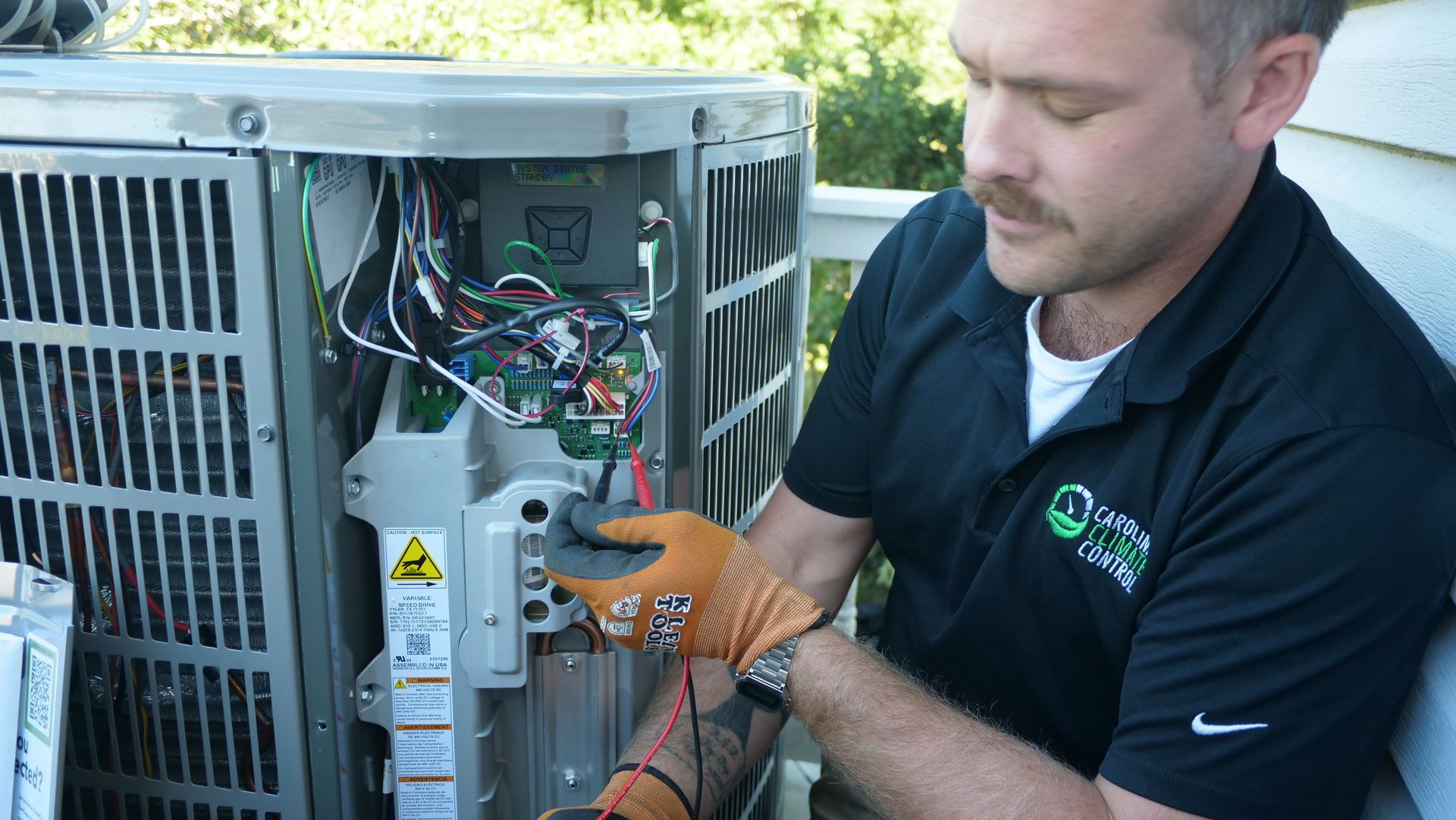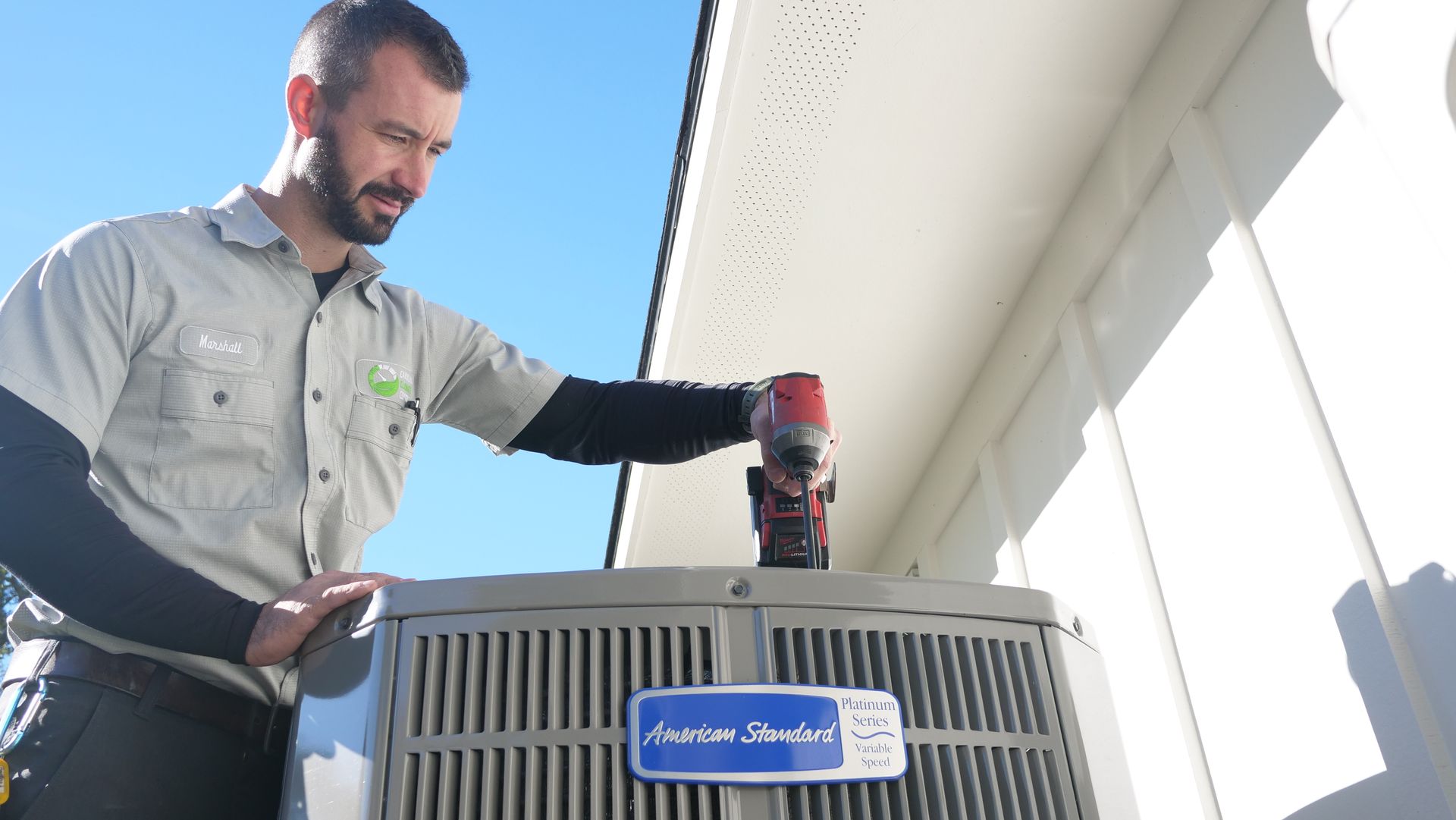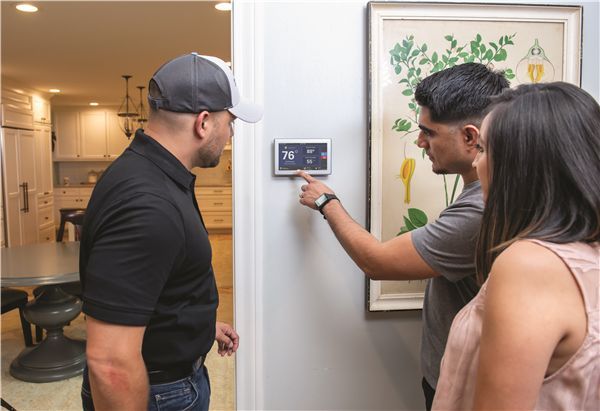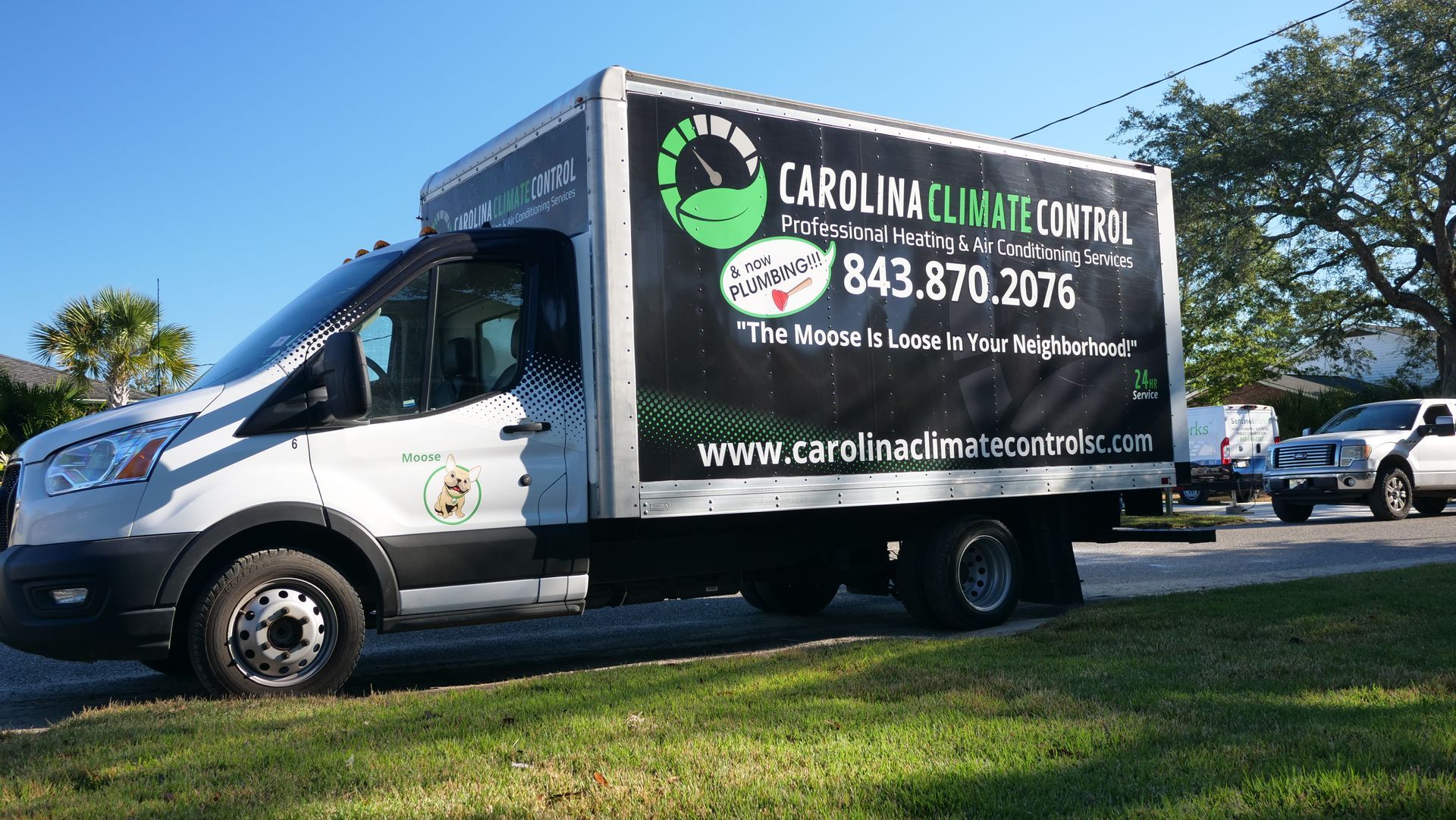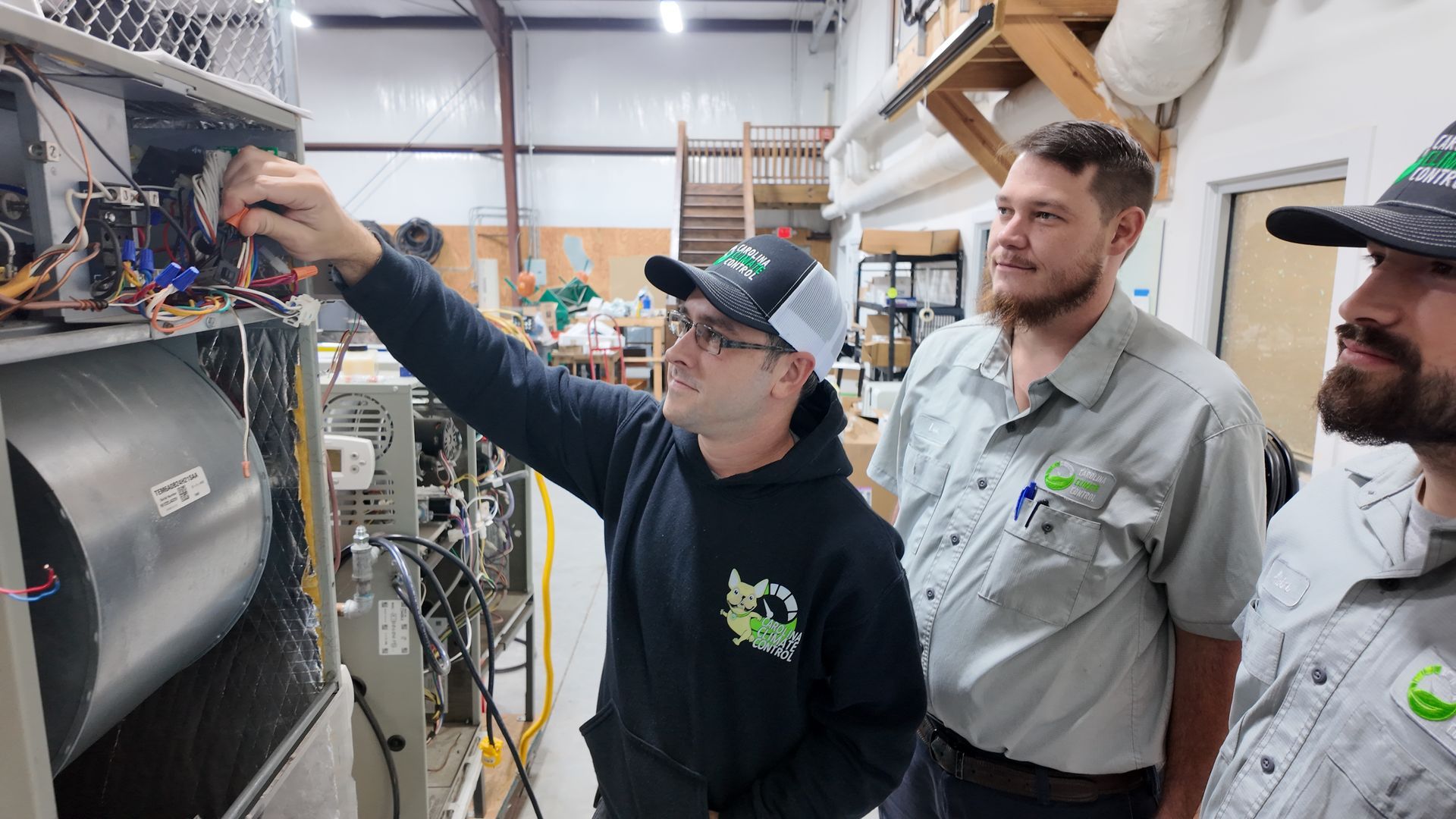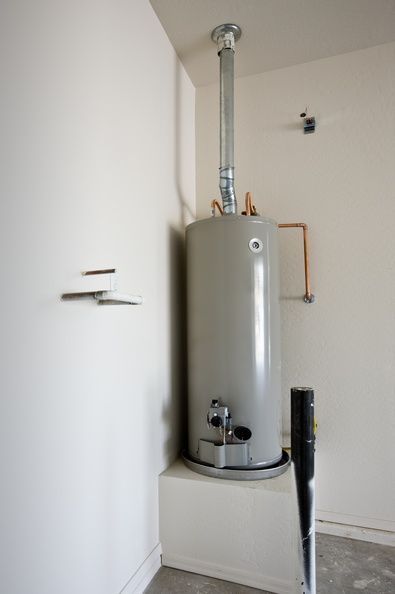Your Water Heater May Be Dying If You Notice This…
Water heaters are built for durability and to resist the effects of water in contact with metal for many years. But time and use takes its toll, and one day (perhaps this season), you will need to make the choice to replace your water heater. You may get ahead of any problems, but most likely you’ll decide it’s time for a new water heater when you think your current one is dying.
We’re going to look at some of the major signs you’ve got a failing water heater, and not one that you can get to survive for a few more years with water heater repair in Charleston, SC. When you see these signs, reach out to us and we’ll inspect your water heater to see if it’s ready to head to the recycling yard.
Sign 1: A drop in hot water volume
This is one of the biggest warnings about a heat pump living on borrowed time. If everyone in your household used to never have problems getting hot showers in the morning, but they’re now rushing to get to the shower first so they don’t get left in the cold, it means the hot water volume in the unit has declined. The water heater simply cannot keep up with demand the way it used to and is probably close to the end of its service life.
Sign 2: Rusty discoloration in the hot water
You may see a rusty discoloration in the water from your faucets after coming home from a vacation. This is normal, and will soon go away. When you see this same discoloration appearing at other times and only in the hot water, it’s a big warning that the inside of the water heater’s tank has rusted through. If this is the case, the system needs to be replaced as soon as possible.
Sign 3: Corrosion on the water heater
Any type of corrosion on a water heater is a bad sign. In a few cases, it can be repaired, such as corrosion that only appears on the heat exchanger because these parts can be replaced. But in most situations, if you see corrosion such as rust on the tank or other parts of the water heater, it means the unit is so worn down that it can no longer defend against corrosion. There isn’t any effective way to repair this, so the water heater will need to go.
Sign 4: Water won’t get hot enough
Does the hot water from your taps or showerhead never get hot enough? It’s possible that this is a repair issue that can be fixed. But for older water heater units, this often means the system is losing its heating ability because of age and build-up.
Sign 5: Water heater’s age
Finally, you can use the age of the water heater as a gauge of how close it is to the end of its service life. Modern water heaters can last for around 12 years. You don’t want to push one much farther than that: 20 years is definitely too old. It’s time to start making plans to replace the water heater before it breaks down on you unexpectedly.
The post Your Water Heater May Be Dying If You Notice This… first appeared on Carolina Climate Control.
